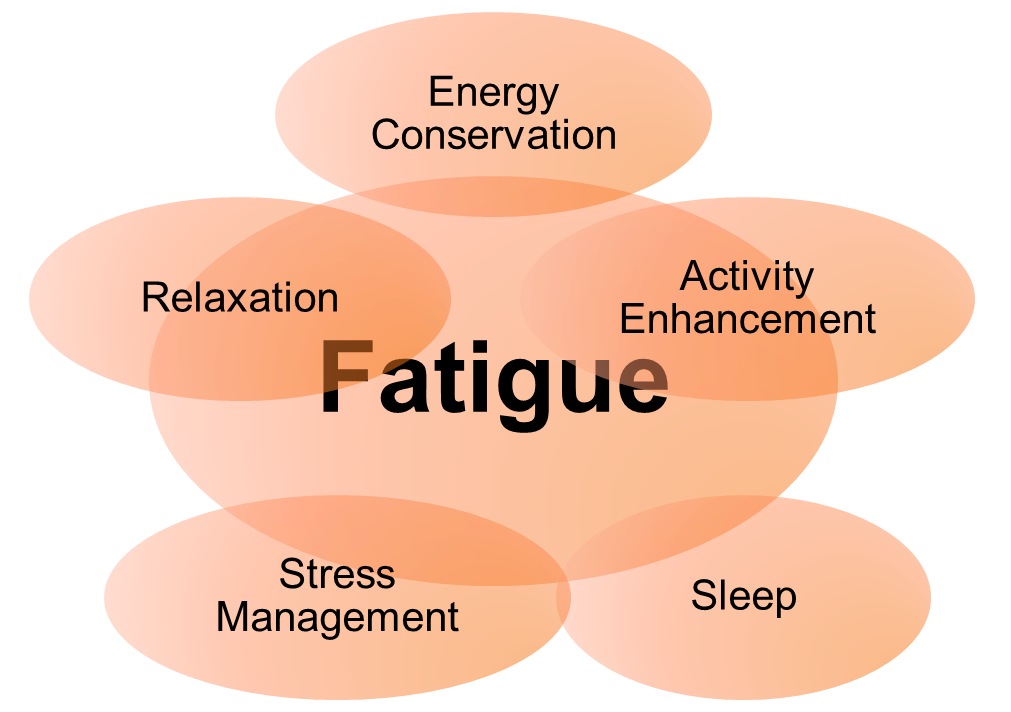By Lauren Fulop, Occupational Therapist, Princess Alexandra Hospital
A diagnosis of a brain tumour cancer can greatly affect your ability to engage in your activities of daily living. Depending of the location, size and spread of the tumour, people can experience diverse changes in their physical functioning, thinking abilities, emotions and behaviour. Occupational Therapists (OTs) focus on improving a person’s ability to carry out everyday tasks and become as independent as possible. OTs may assess a person’s home as well as their physical, thinking and emotional abilities and find ways to make living easier.
OTs work closely with doctors, nurses, physiotherapists, speech therapists, social workers, psychologists and most importantly you, to help identify and work towards your goals. For example, returning to work and driving, preparing a meal, improving your sleep or showering yourself.
Both anecdotally and in the research, fatigue is a side effect that can interfere with your ability to engage in such tasks.
According to the National Comprehensive Cancer Network (NCCN), cancer-related fatigue is defined as “a distressing, persistent, subjective sense of physical, emotional, and/or cognitive tiredness or exhaustion related to cancer or cancer treatment that is not proportional to recent activity and interferes with usual functioning.” (1)

Here are a few practical tips that you can try to help manage fatigue and get back into your daily activities:
Fatigue Management |
|
Energy Conservation |
|
Activity Enhancement |
|
Sleep |
|
Stress Management |
|
Relaxation |
|
(1) Mock V , Atkinson A , Barsevick A , Cella D , Cimprich B , Cleeland C , Donnelly J , Eisenberger MA , Escalante C , Hinds P , Jacobsen PB , Kaldor P , Knight SJ , Peterman A , Piper BF , Rugo H , Sabbatini P , Stahl C , National Comprehensive Cancer Network. NCCN Practice Guidelines for Cancer-Related Fatigue. Oncology (Williston Park) 2000; 14: 151-161.
This is an article excerpt from the BTSS (Brain Tumour Support Service) Edition 1, 2016 E-Newsletter, which can be downloaded below:
